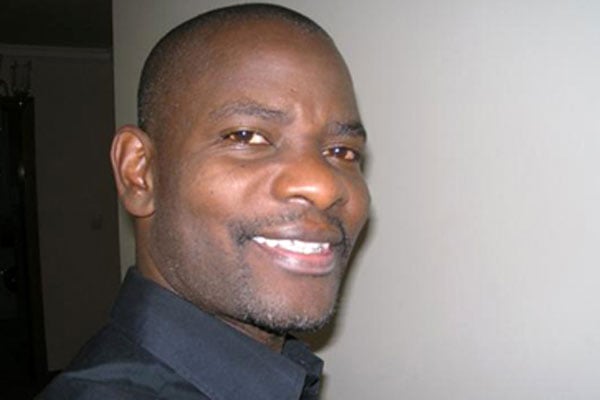Case against Bobi’s presidency bid is as pathetic as the regime he’s fighting

Author: Musaazi Namiti. PHOTO/FILE
What you need to know:
- President Museveni and his cohorts made the Constitution. It is their Constitution, and they keep changing it to align with their personal political interests and whims.
They started by saying that he is too young and inexperienced to lead Uganda. But Robert Kyagulanyi, aka Bobi Wine, does meet the constitutional age requirement for president. Incidentally, there are many people in Mr Kyagulanyi’s age group that have become leaders of their countries.
Here are prize examples: Sanna Marin was 34 when she became prime minister of Finland. Oleksiy Honcharuk became Ukraine’s prime minister aged 35. (Ukraine, like Uganda, has both president and prime minister.) Nayib Bukele became El Salvador’s president aged 38. Carlos Alvarado Quesada became Costa Rica’s president at the age of 39. Jigme Khesar Namgyel Wangchuck, the king of Bhutan, was obviously not elected but ascended the throne when he was just 26.
Others are Tamim bin Hamad Al Thani, the Emir of Qatar, the richest country in the world per capita. He became a leader at the age of 33. New Zealand’s Jacinda Ardern became prime minister at the age of 39 — less than a year after she became an MP. Ms Ardern won re-election this year and has been widely recognised for her very effective response to Covid-19.
As I have already mentioned, some of these leaders are not elected. But, as you can see, people can become leaders at a young age provided they live in countries where there is real good governance and proper constitutional rule. None of these countries is a mess because it got a young leader.
Mr Kyagulanyi’s detractors have also faulted his formal education, saying it is not good enough for someone seeking to lead a country. The latest salvo was fired this week by a staunch supporter of the governing NRM and former Cabinet minister Michael Mukula. Uganda, he said, is not a theatre to be led by someone with a diploma in Music, Dance and Drama, a reference to Mr Kyagulanyi’s academic qualifications.
The problem with this argument is that it does not stand up to close scrutiny. A diploma is obviously more than the Uganda Advanced Certificate of Education, which the Constitution stipulates as the minimum academic requirement for a presidential candidate.
President Museveni and his cohorts made the Constitution. It is their Constitution, and they keep changing it to align with their personal political interests and whims. How can the President and his supporters fail to see that Mr Kyagulanyi has the qualifications for the job?
For political leaders, high education does not necessarily translate into ability and good leadership. Mr Mukula, for example, has an advanced degree from Nkumba University, but he is remembered not for good leadership but a scandal in which he was accused of embezzling Shs210m of Global Alliance Vaccine (GAVI) (funds) when he was a junior minister in the Ministry of Health.
Mukula was found guilty and sentenced to four years in jail by a Chief Magistrate, but was later acquitted by the Anti-Corruption Court.
Mr Kyagulanyi has never been arrested over corruption-related charges. He gets arrested, often brutally, for merely challenging a president who has done and is still doing everything in his power to cling to power.
The case against Mr Kyagulanyi’s bid for the presidency, as I keep writing in this newspaper, loses sight of the fact that people want him to lead them. I have never voted, and I will not vote for him, but those who are saying he is not fit to lead Uganda are advancing arguments that are as pathetic as the dictatorship he is fighting.
Mr Namiti is a journalist and former
Al Jazeera digital editor in charge of the Africa desk
[email protected] @kazbuk




